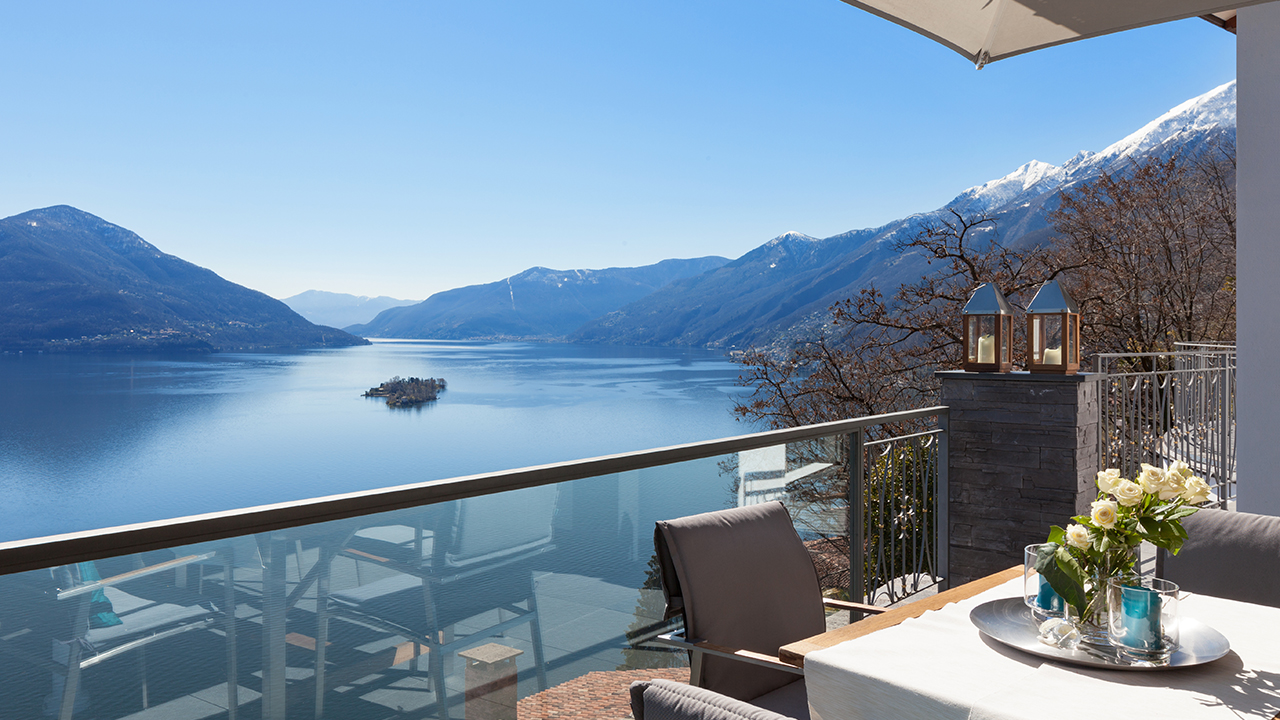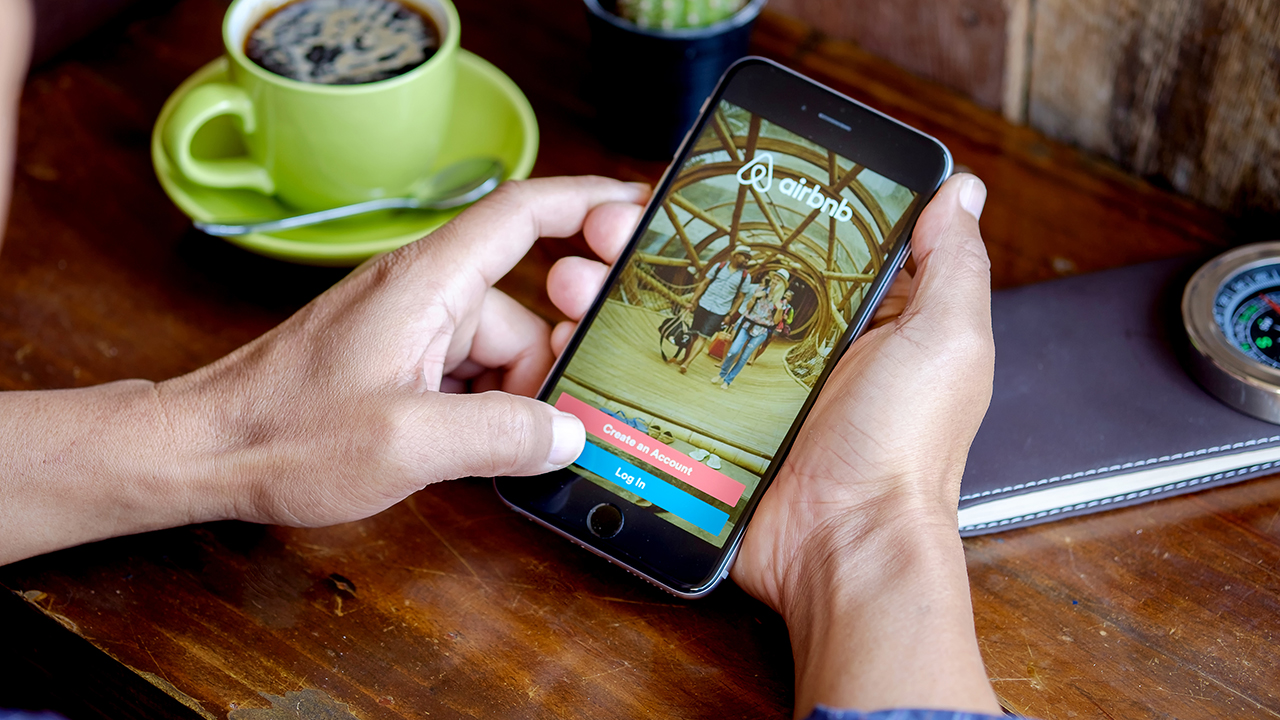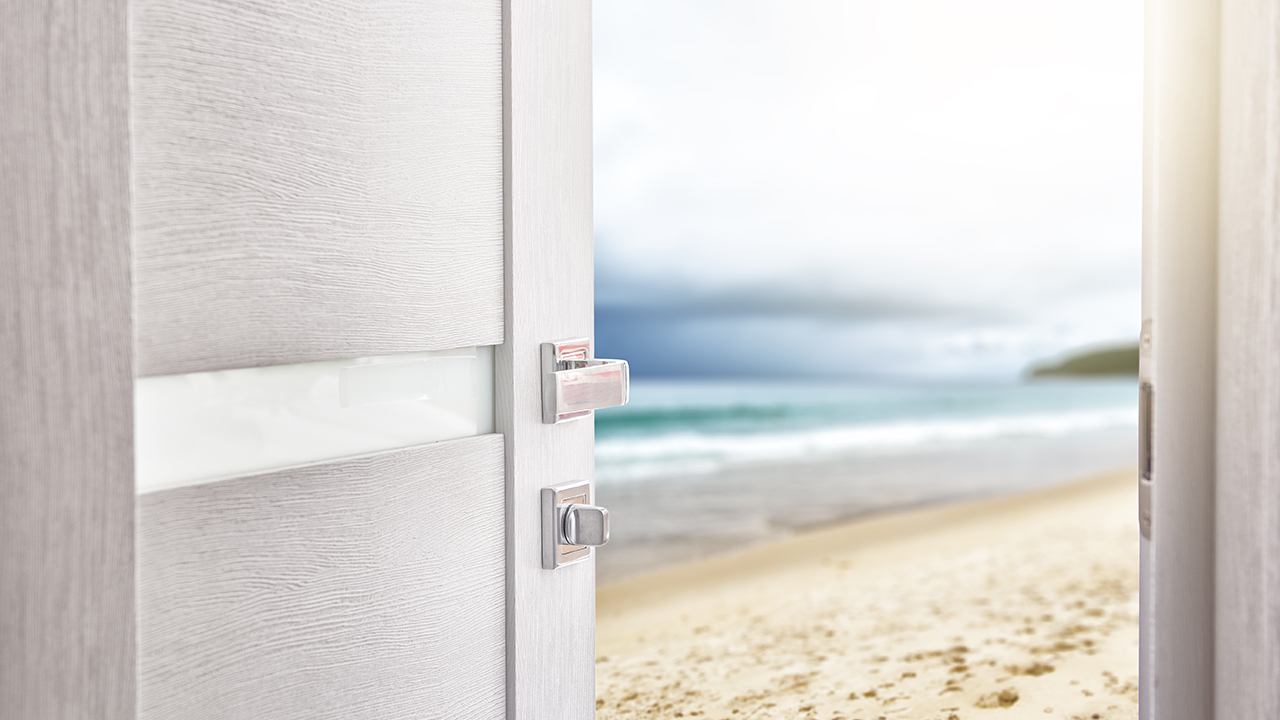
Having the flexibility to head over to your very own retreat without having to find availability is fantastic. It’s like home away from home, a place that you can set up as you please and outfit with all the things you need when you’re away from your primary residence.
But even though owning a vacation property may offer some level of convenience and can be a sound investment, careful consideration is warranted. After all, buying property is a big deal, and an expensive one at that. As such, it’s not a decision that should be rushed into. Before you decide to buy a vacation home, make sure you’ve asked yourself the following questions first.
1. Can You Afford It?
It sounds pretty obvious, but crunching the numbers to verify whether or not a second home purchase is a financially viable and affordable option is critical. You might have a rough idea about what your finances are in terms of adding another property to the books, but it’s absolutely necessary to take the time to go over your financials with a fine-tooth comb.
For starters, you’ve got to figure out how much you’re mortgage will cost to make a vacation home purchase. In addition to the actual purchase price, there is also the interest portion of the principal to factor in, as well as the loan origination fees, private mortgage insurance, and other costs associated with a mortgage.
Then, of course, there are all the costs associated with carrying a home aside from the financing. You’re going to have to pay property taxes, homeowner’s insurance, utilities, maintenance and repairs, cleaning fees, and so forth. A general rule of thumb to follow is to budget for about 2% of the property’s value every year to make sure you’ve got an ample financial cushion to cover these ongoing costs.
2. Will You Be Renting it Out?

Many people who purchase vacation homes decide to rent it out when they are not occupying it, especially if they are only able to visit for a few short weeks per year. For the remainder of the year, they may choose to rent it out to help offset any costs associated with carrying the property.
Renting the place out when you’re not there may be a great idea as it can help you build even more equity in the home as you continue to pay down the mortgage and pay it off that much faster.
3. How Will Your Taxes Be Affected?
Being a homeowner means you will be responsible for paying taxes every year, and not only does this apply to your primary residence, it’s also relevant to a vacation home. As such, you’d be well advised to have a chat with your tax advisor to see how owning a second home will affect your taxes, as there may be some differences.
For instance, if you plan on renting out the home for a short period of time throughout the year (usually less than 15 days), the IRS may deem the vacation property to be a personal-use home. In this case, you may not have to report any rent as income, but you’ll also be unable to report any deductions.
On the other hand, if you rent the place out for more than 15 days a year, there’s a lot more paperwork associated with your tax reporting. You will need to submit your rent receipts to the IRS.
On the up side, you will be permitted to claim deductions against the rental income, including utilities, maintenance, repairs, property insurance, property management fees, and sometimes travel expenses. These deductions can be allocated based on the number of days that the home is rented out compared to the number of days it is occupied for your personal use.
If you ever sell the vacation home at some point in the future, any profits from the sale will be subject to capital gains taxes. That said, you might be able to avoid paying these taxes if you move into the home and consider it a primary residence for a minimum of two years before you sell it.
4. How Easy is it to Get There?

You may have found a fantastic place to buy a vacation home, but how far is it from your primary residence? More importantly, how easy is it to get to? If you’re planning on visiting it just a couple of times a year, then it may be perfectly fine to buy something that may require a plane ride to visit. On the other hand, if you’re planning on escaping on a regular basis, you might want to consider finding a place that’s an easy drive away.
5. Will the Home Suit Your Lifestyle Down the Road?
Real property increases in value over the long haul, but there are likely going to be little dips along the way. If you’re planning a long-term investment, a vacation home can be a smart move if you’ve done your due diligence when it comes to the location. You really can’t go wrong with certain spots, such as near water bodies, mountains, and other natural wonders.
But aside from property values, you need to think about how the property and its surroundings will suit your lifestyle well into the future. Will that party atmosphere start to become more of a nuisance when you get older? What about all those stairs to the second level? Would the area and the home be something you can see yourself living in twenty years from now?
Of course, you can always sell, but you’ll want to ensure that you get the highest return possible at that point, which means a little investigating of the location is warranted before making that purchasing decision.
6. Who Will Watch Your Home When You’re Not There?

If you’re going to be visiting your vacation home almost every weekend, then you’ll be there often enough to maintain and monitor the property yourself. However, if you won’t be making your way to your vacation home often enough, you will need to consider having the place managed by a third party, and that will cost you money in management fees. But that money will be well worth it knowing that the home will be supervised and cared for while you’re away.
7. Have You Visited the Area Before?
Before you even think of buying a vacation home, make sure you’ve spent enough time in the area to get a clear idea of what life would be like vacationing there. Even if you’re only planning on spending a couple of days at a time there, you want to know that it’s a place that you will enjoy.
As such, make sure you spend some time getting to know the area before you decide to buy. This is not a hotel: you won’t have the luxury of switching locations the next time around if you decide the place isn’t for you.
The Bottom Line
Buying a vacation home can be a great investment and can offer you a great deal of freedom and flexibility when you feel the need to get away. But this type of investment is not necessarily right for everyone. Make sure you’ve done your homework on your finances, current and future needs, and the cost and work involved in carrying another property. Consider all potential scenarios – both positive and negative – before you decide to buy. And if you do, make sure you’ve got a solid plan going into it.



